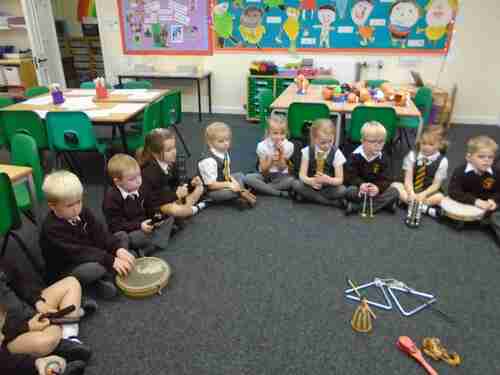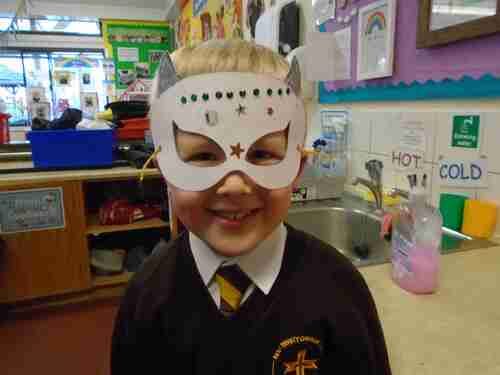Our Early Years curriculum is designed to provide a broad and balanced education that meets the needs of all pupils. It enables the children to gain the skills, knowledge and understanding they need, as they start out on their educational journey, supporting them to progress from their individual starting points and preparing them for the next stage of their education.

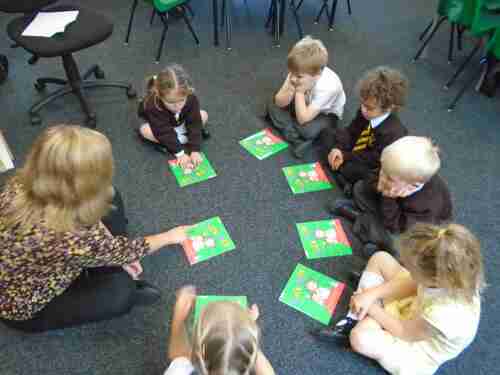
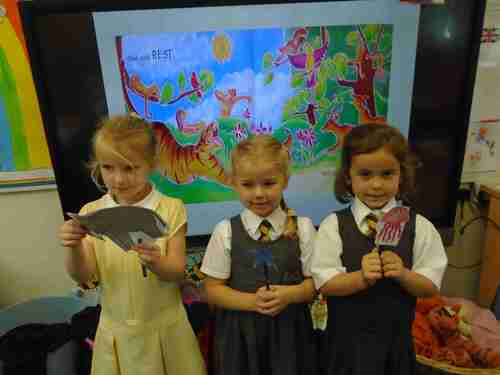
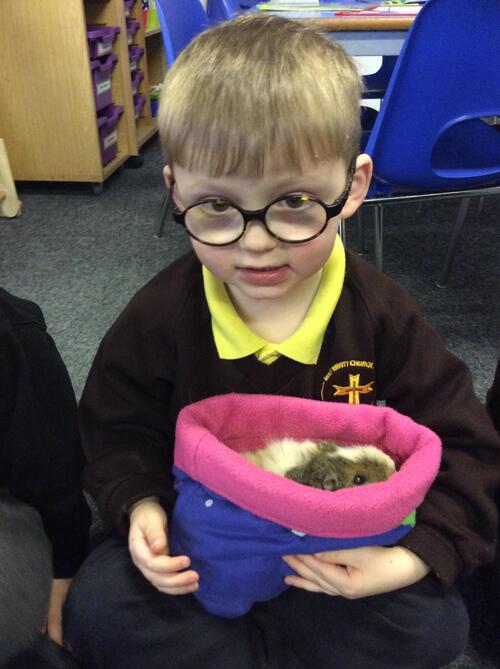
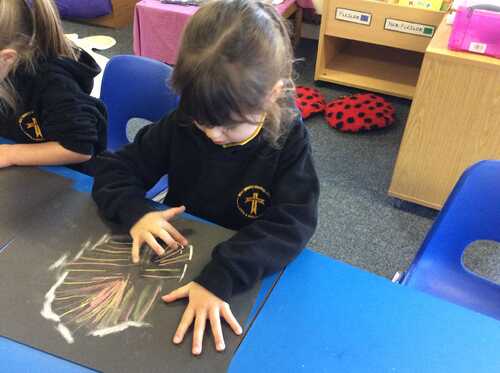
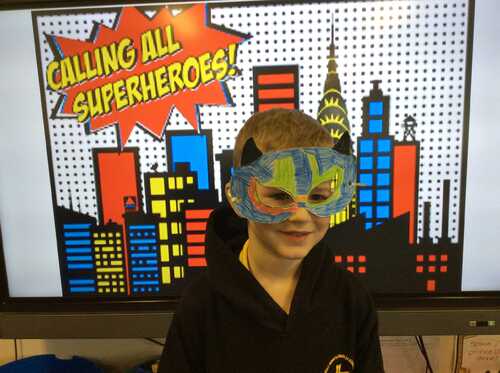
Our ethos in Early Years is to support children’s personal, social and emotional development so that they feel safe, secure and ready to learn. At the beginning of the year, when the children make the transition to school, we primarily focus on the development of friendships and relationships with others and build their confidence in these areas.
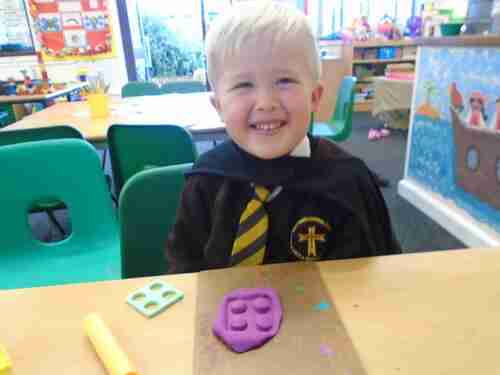
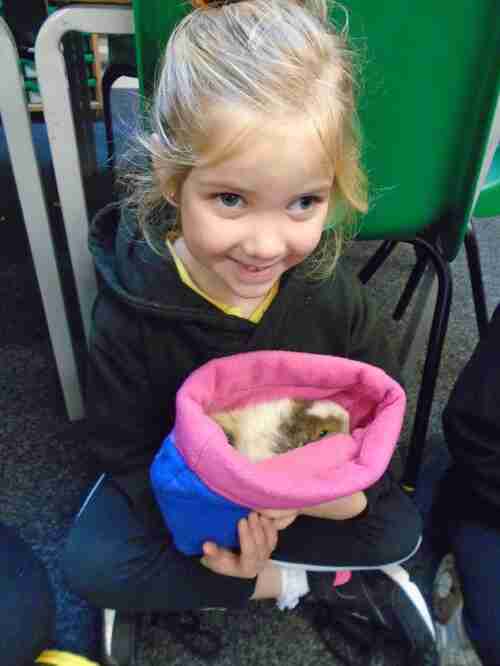
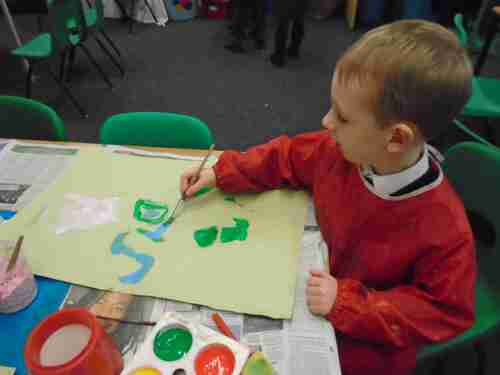
Through the seven areas of learning we provide topics that excite and engage children, building on own interests and developing their experiences of the world around them. We recognise that all children come into our school with varied experiences and all staff work hard to ensure that the learning opportunities provided widen the children's knowledge and understanding of the world, setting ambitious expectations for all.
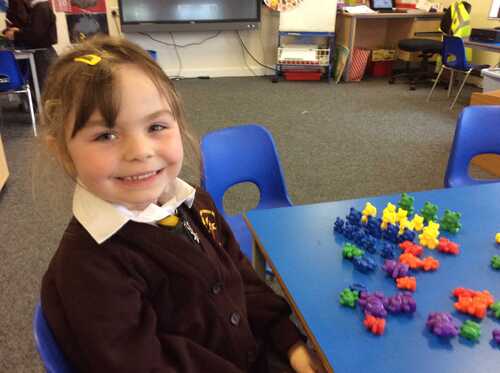
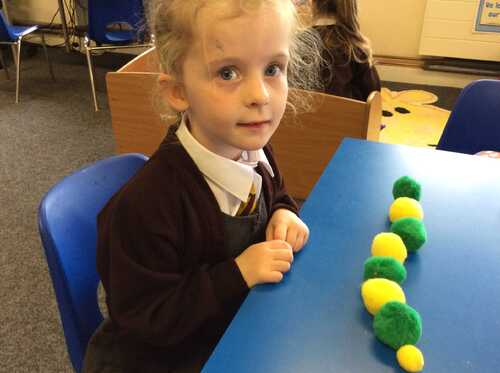
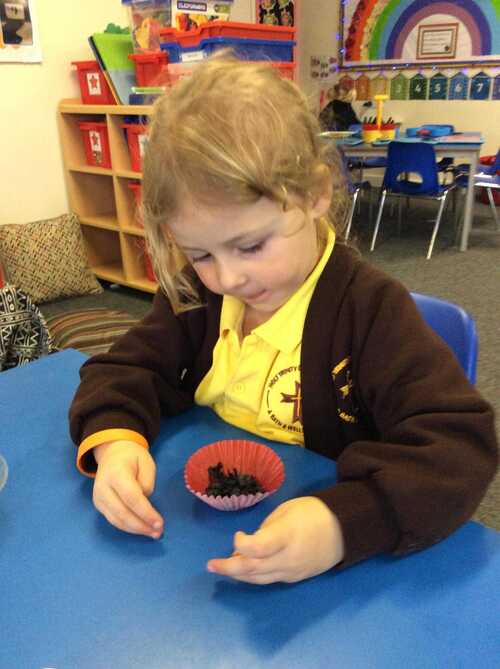
The curriculum celebrates diversity and supports the pupils’ spiritual, moral, social and cultural development. Children with particular needs, including SEND, are supported appropriately allowing them to be successful.
Learning:
The Reception year is a unique and important year in education and marks a significant milestone in a child’s life. Our aim is to provide our children with an engaging, exciting and empowering curriculum that equips them for today and tomorrow.
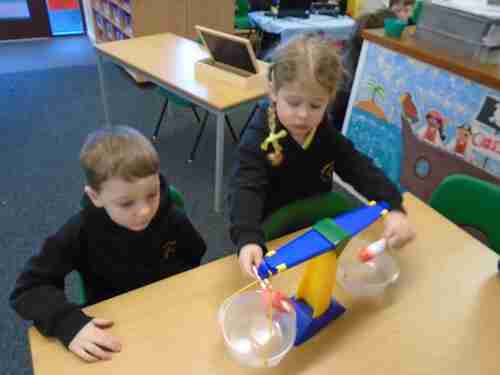
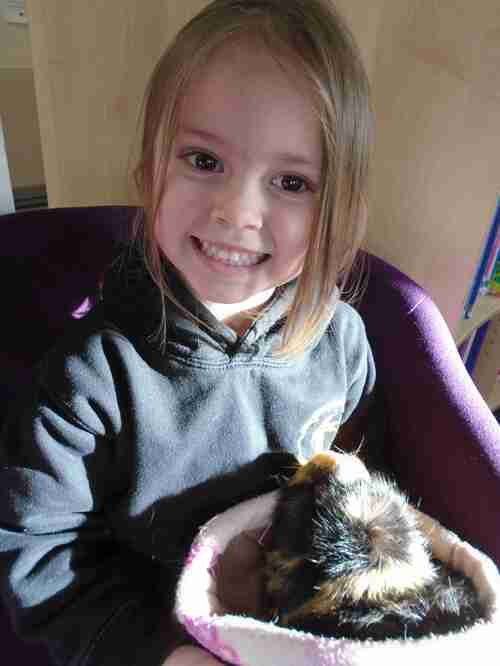
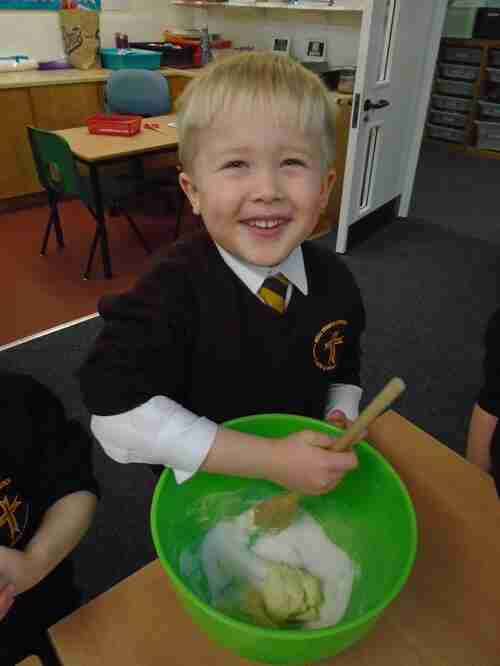
Achieving and Flourishing:
Children in our Early Years follow the Early Years Foundation Stage Curriculum (EYFS). We work in partnership with parents to encourage independent, happy learners who thrive in school and reach their full potential.
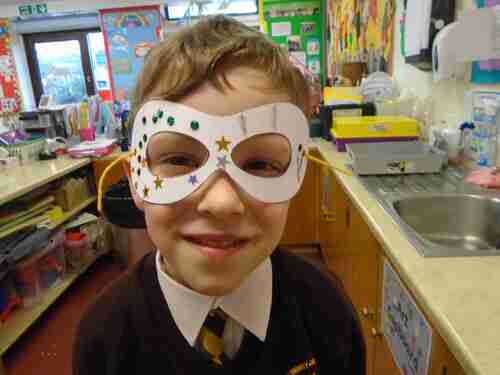
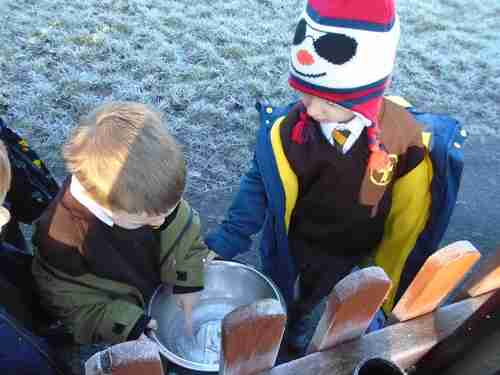
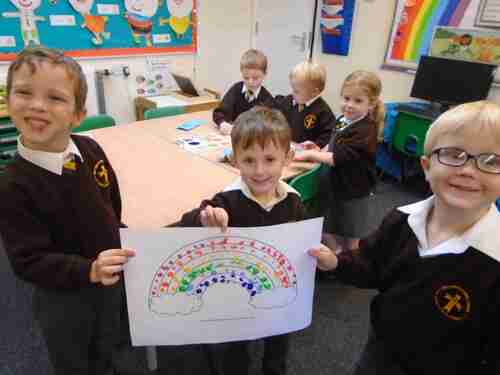
Together in God’s Promises, Goodness and Love:
Every child is recognised as a unique individual. We celebrate and welcome differences within our diverse school community
The EYFS Curriculum has seven main areas of learning:
Communication and Language
The development of children's spoken language underpins all seven areas of learning development. The number and quality of the conversations they have with adults and peers throughout the day in a language-rich environment is crucial.
We read frequently to the children using engaging stories, non-fiction texts, rhymes and poems, and providing them with extensive opportunities to use and embed new words in a range of contexts. All this encourages the children to thrive.
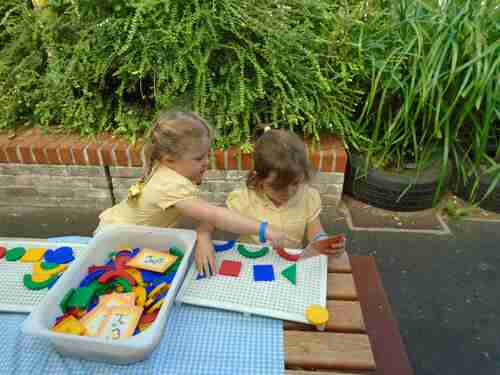
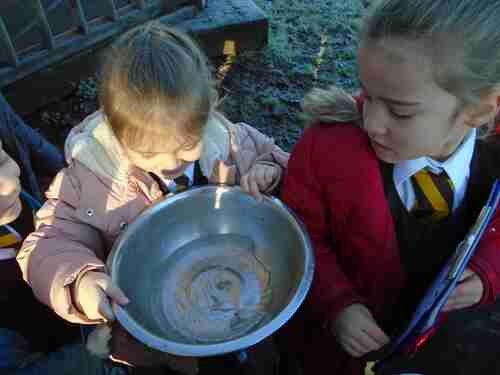
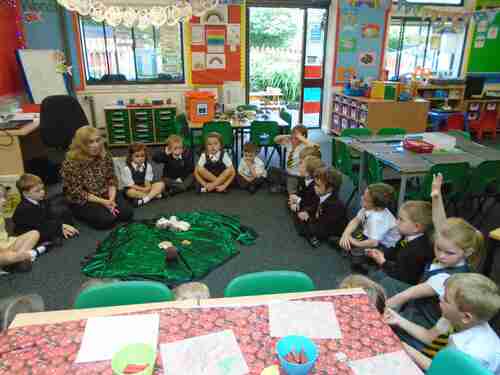
Personal, Social and Emotional Development
This involves helping children to:
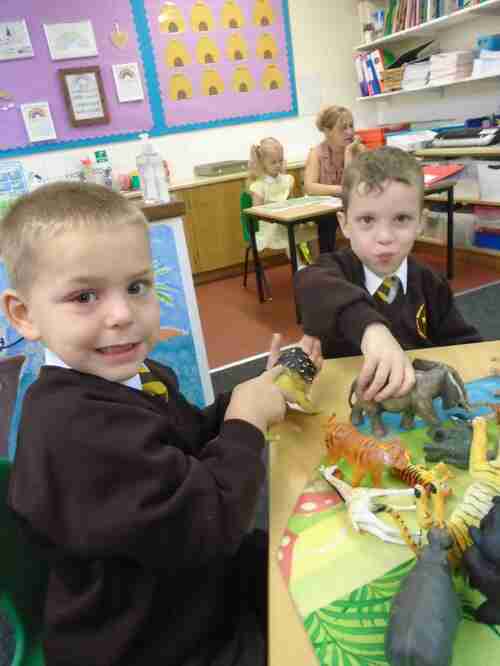
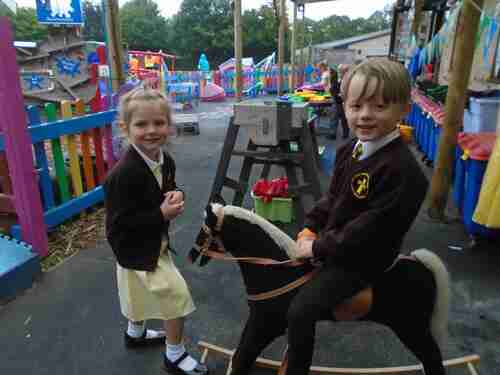
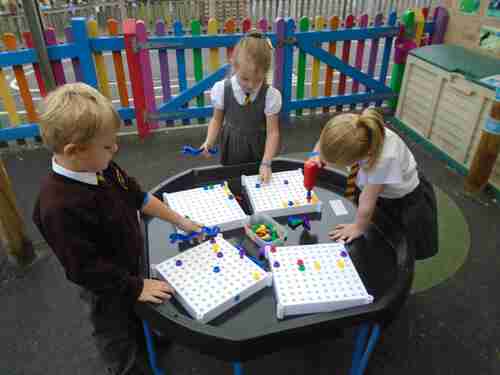
Physical Development
This involves providing opportunities for children to be active and interactive, and to develop their co-ordination, control, and movement. Children learn the importance of physical activity, and to make healthy choices in relation to food.
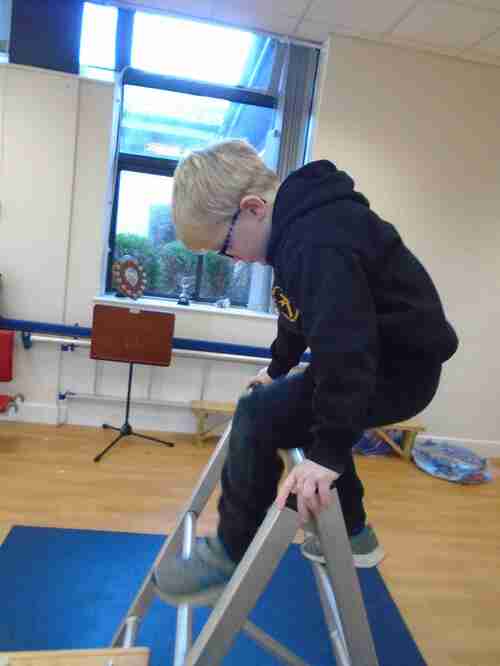
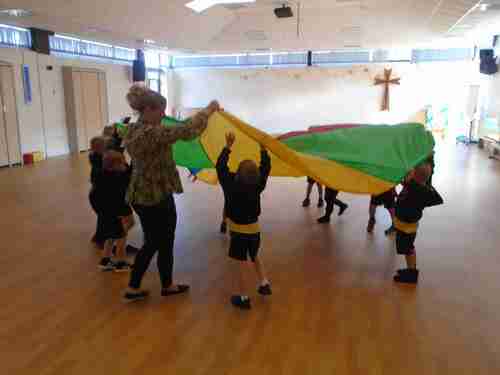
Literacy (Reading and Writing)
This involves encouraging children to read and write, both through listening to others reading, and being encouraged to begin to read and write themselves. Children are given access to a wide range of reading materials such as books, poems, and other written materials to ignite their interest.
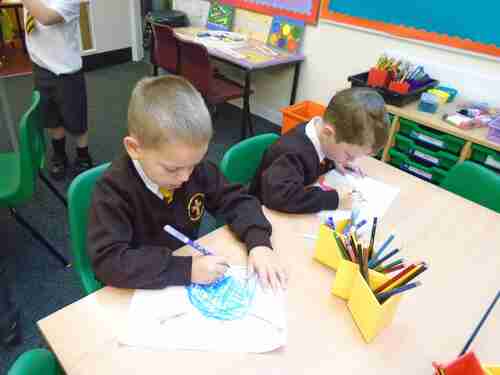
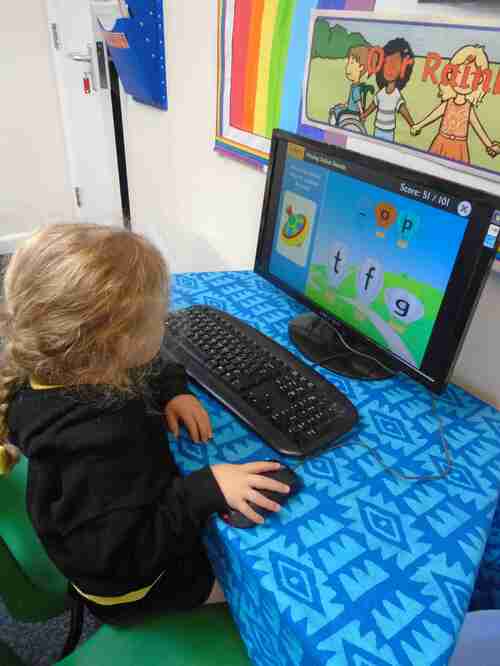

Mathematics
This involves providing children with opportunities to:
• practise and improve their skills in counting numbers, calculating simple addition and subtraction problems
• describe shapes, spaces, and measures
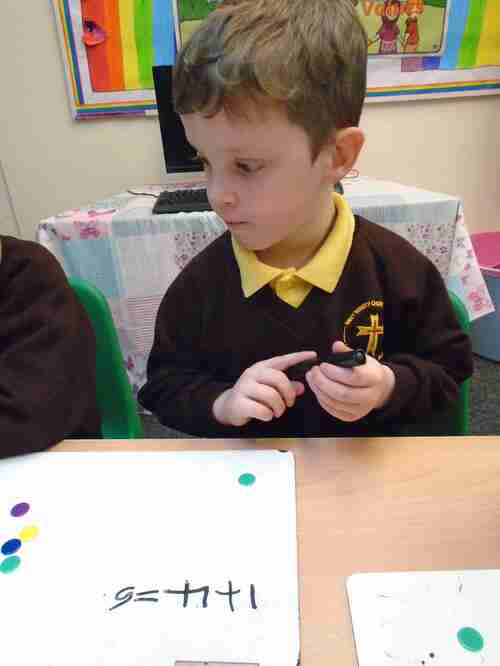
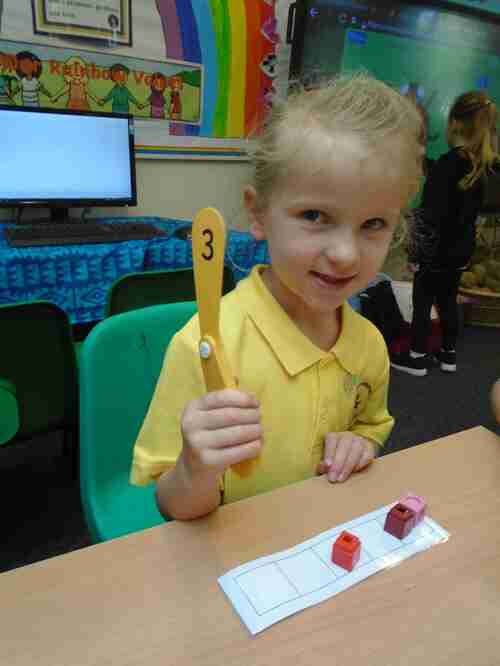

Understanding the World
This involves guiding children to make sense of their physical world and their community through opportunities to explore, observe and find out about people, places, technology and the environment.

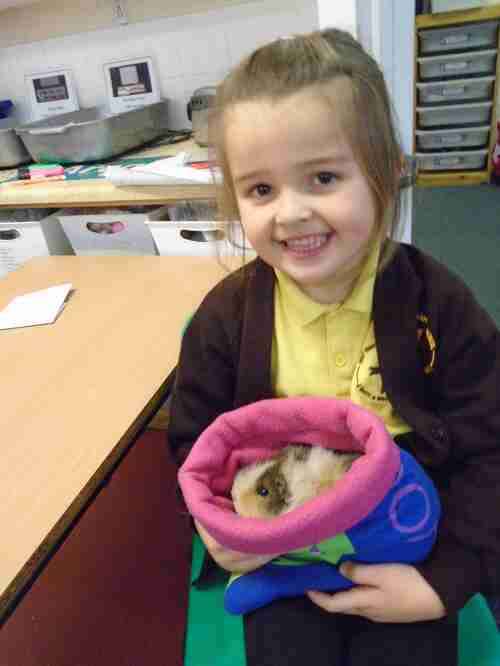
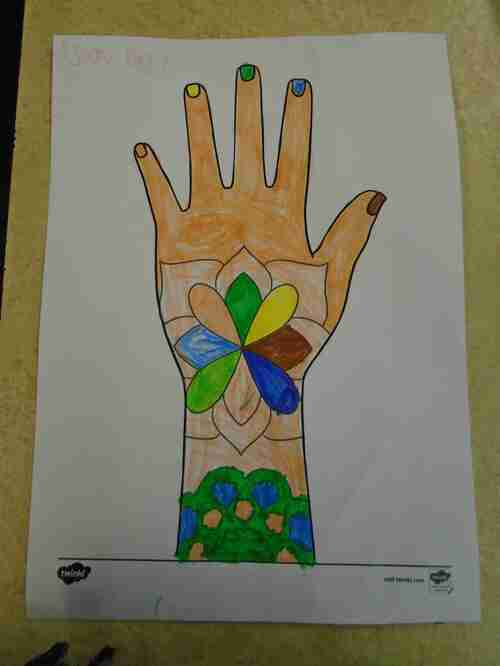
Expressive Arts and Design
Children are supported to explore and play with a wide range of media and materials. This involves providing children with opportunities and encouragement to share their thoughts, ideas and feelings through a variety of activities in art, music, movement, dance, role-play, and design and technology.
